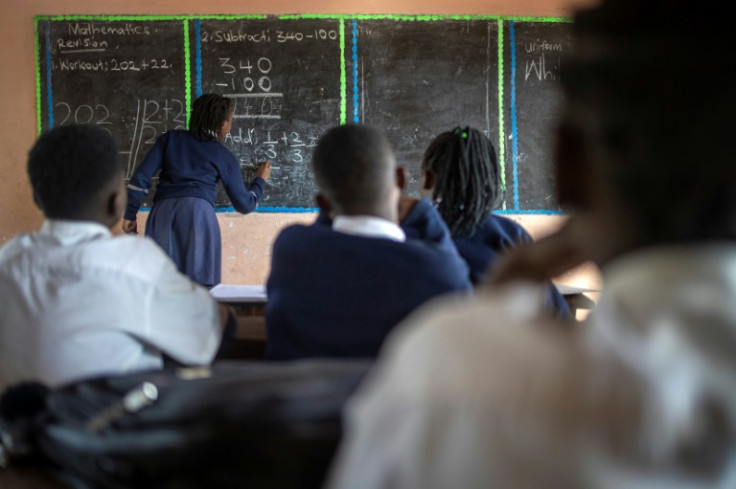Minister Blade Nzimande Stresses On Importance Of Township Economy In Growth Of Cities

South Africa's minister of Higher Education, Science and Technology, Blade Nzimande, has applauded the rapid urbanization in the country, while pointing out that the township economy remains critical in growing cities.
Speaking at the opening of the South-West Gauteng TVET College Welding Trade Test Centre at Molapo Campus in Soweto on Tuesday, the minister said this new center is located in a township to ensure that it provides education and training to break the inequality and poverty cycle, which has created a negative impact on a major chunk of the society.
Several communities "lack the necessary education, training and mentorship to capitalize on economic opportunities and create sustainable enterprises," he said, SA News reported. "As a result, unemployment and poverty remain significant challenges in many townships across our country."
"This is the reason this center will be one of the building blocks towards revolutionizing skills development here in Molapo and in Soweto as a whole. This center, together with many initiatives launched by the government, will ensure that people are capacitated to be self-sustainable and be able to generate the necessary income to support their families."
This center marked the 35th trade test hub in South Africa to help in upgrading Post-School Education and Training infrastructure.
Nzimande also praised the partnerships between Technical Vocational Education and Training (TVET) colleges and Sector Education and Training Authorities (SETA), as, due to their positive results, more public colleges were joining SETAs strategic collaboration.
He explained the government's vision was to remain focused on providing an integrated, coordinated and highly articulated Post-School Education and Training System to ensure improved economic participation, skills development and social development of youth.
"The vision and objective for our public TVET colleges sector is to expand and strengthen the TVET sub-system to provide quality technical and vocational education and training to prepare students for the world of work," he continued.
Keeping in mind the shortage of mid-level skills, the government has also decided to re-establish a training programme, which targets to produce at least 30,000 artisans a year by 2030.
The minister shared that about 20,000 qualified artisans have been produced every year.
"We, therefore, need to ensure that the number increases significantly leading up to 2030 for the country to realize the National Development Plan (NDP) target," Nzimande concluded.
© Copyright 2026 IBTimes ZA. All rights reserved.





















